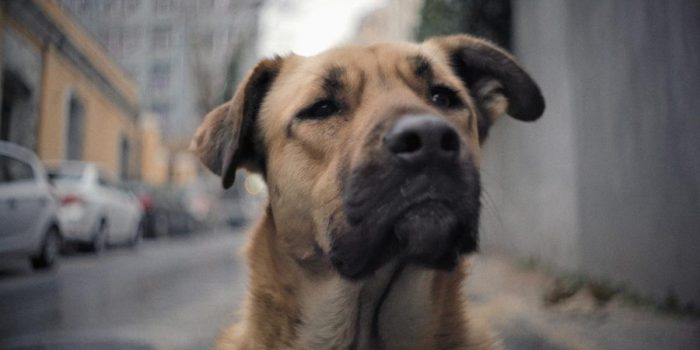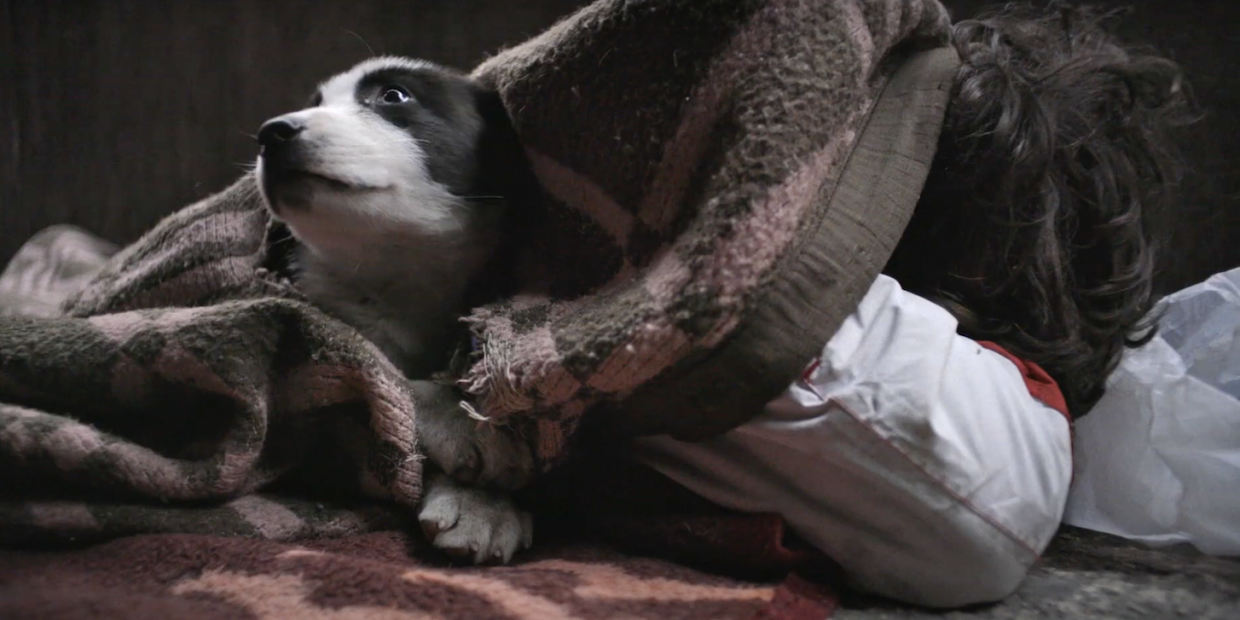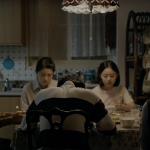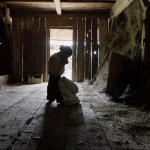Director: Elizabeth Lo
London Film Festival 2020 review
In showing us a world and a way of life that runs parallel to our own, Elizabeth Lo’s Stray resonates as both a multifaceted piece of socio-political commentary and an immersive, endearing work of cinematic escapism.
As we follow the quietly dignified Zeytin and her fellow stray dogs through the streets of Istanbul, Lo’s excellent feature debut takes pleasure in patiently fleshing out the details and distinct logic of their day-to-day lives. But as the concerns and struggles of the surrounding people enter the periphery of Zeytin’s existence, it soon becomes apparent that Stray’s canine subjects are also a reflection of the city’s various human outsiders, many of whom are treated with barely more compassion than their four-legged counterparts.
Considering the neglect faced by the strays of Istanbul, you could say it’s a necessary corrective that Lo – who worked as both director and cinematographer on the project – regards her subjects with such unwavering focus and fascination. In its most transcendent moments, the dogs of Stray hold our attention on almost screen presence alone, as they move with a quiet grace through an environment that wasn’t built with them in mind.
In documenting the nuances of each dog’s behaviour and physical form, Lo grants these canines an ennobling sense of agency and individuality, while training us to view the manmade features of the city through a new set of eyes.
In some ways, the film even strays from typical human conceptions of time, narrative, and “meaning” as it captures the moment-to-moment spontaneity of Zeytin’s daily existence. Much of the subject’s life is presented as an organic series of mini-dramas, whether she’s chasing a cat that she happens to come across in the park, or clashing with some dogs from a rival clique. When a fight suddenly breaks out between two strays with no clear and observable cause, the moment serves as a striking admission that as much as the film may immerse us in the world of these animals, they still hold the ability to surprise us.

Indeed, the film is replete with pertinent reminders of the human gaze through which this world is viewed, adding a layer of dramatic irony to the proceedings. This subjectivity is emphasised by a series of title cards that punctuate the footage with quotes from the ancient philosopher Diogenes of Sinope, betraying a sly sense of humour that’s echoed in a scene of two dogs humping while incidental protesters chant all around them, “There can’t be love without equality!”
Similarly, while Zeytin and her fellow dogs tend to look upon the dramas of man with vague curiosity at best, Stray allows us to hear brief snippets of nearby conversation that the film’s own stars are incapable of understanding. More often than not, the subject of the surrounding dialogue is the strays themselves, who are seemingly regarded with a mix of warmth and hostility by the people they encounter. However, it isn’t until a group of young, Syrian refugee boys enter the picture that the full significance of this public scrutiny becomes clear.
In a film that often seems to exist in its own bubble, detached from the stress and complexity of human life, the refugee boys are a welcome intrusion, bringing a rich layer of context to Stray’s humanising depiction of the dogs. Though Lo’s canine-centric camerawork may treat the presence of these young men as incidental to the journey of the dogs, the parallels in lifestyle and societal status between the two groups is unmistakable, making it only natural that a kinship should develop between Zeytin and the refugees.
The boys and the dogs are shown to wander the same streets, sleep in the same dilapidated buildings, and – in the film’s crushing final minutes – suffer similar treatment at the hands of authorities, who regard them as little more than problems to be solved. Stray challenges this reductive perspective by giving its dogs a space to be seen and acknowledged on their own terms, while implying that the people they accompany are worthy of the same.
When you look into the dark, thoughtful eyes of Zeytin, part of you may wonder if all the pain, worry, and weariness you see in them is truly there or merely your own human-centric projection. But while the barrier of understanding between human and dog is never entirely surmountable, the resilient star of Lo’s exceptional debut speaks for both sides nonetheless, revealing as much truth about our evolutionary branch as her own.





